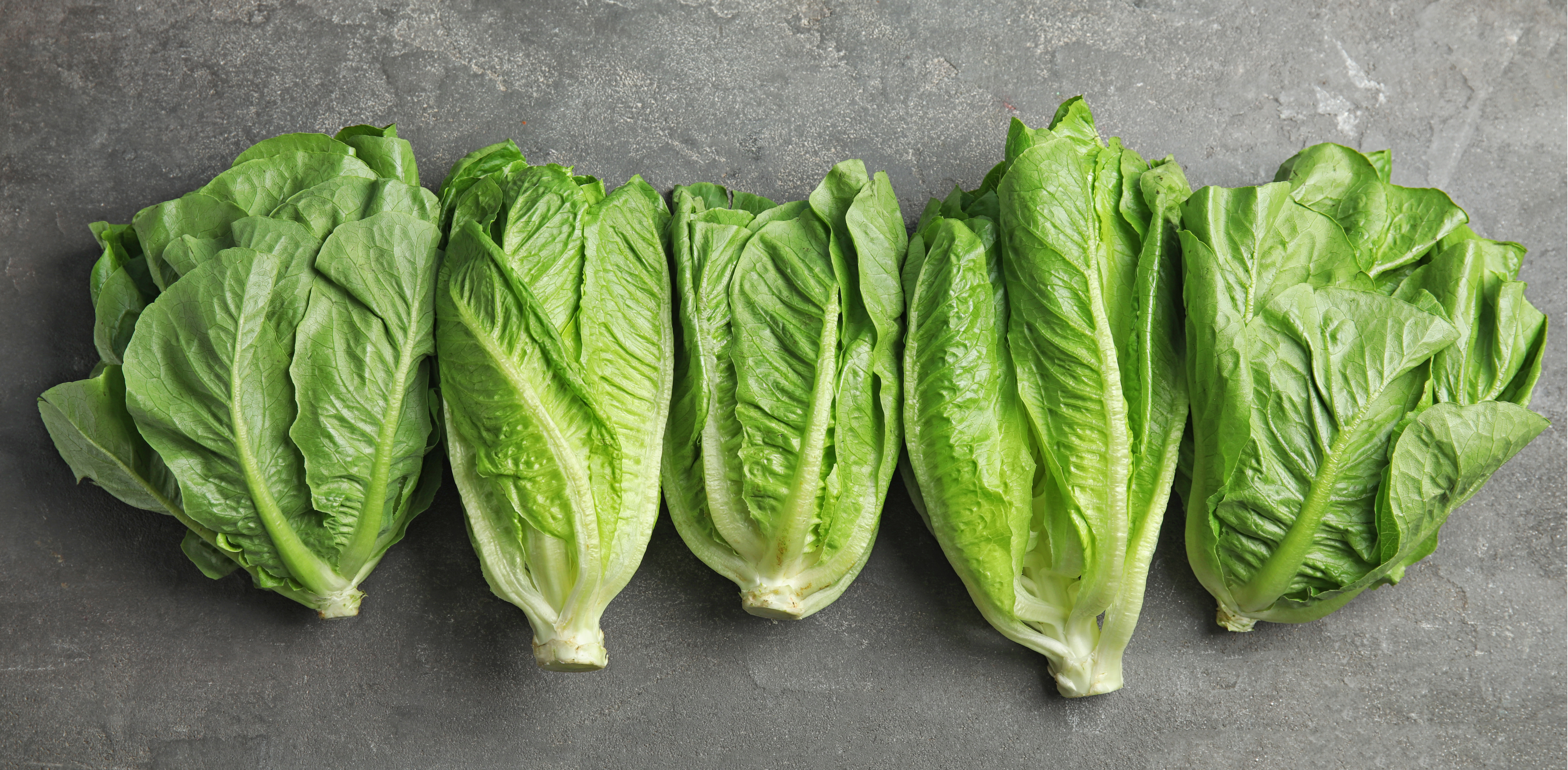More than ever, consumers are becoming aware of and following food safety recalls in the produce industry. Shiga toxin-producing E. coli O157:H7 outbreaks associated with leafy greens have been particularly newsworthy. A popular meme, “Right now chocolate is good for you, and romaine lettuce can kill you,” is circulating online. But there is some sad underlying truth to this statement. In 2018, there were two high-profile outbreaks of romaine lettuce. The first, starting in March and lasting through June, affected 210 people, 96 of which were hospitalized, 27 developed uremic syndrome (which is a type of kidney failure), and 5 of which who died. Starting in October, the second affected 62 people, 25 hospitalized and two who developed hemolytic uremic syndrome. Internet memes aside, pathogenic E. coli is incredibly dangerous and at the forefront of consumers’ minds. This burden on public health is largely preventable.
Produce can be contaminated on the farm during processing and handling. Pathogens can survive and grow during storage, especially under abused conditions.
The produce industry is invested in keeping consumers safe. Producers are required to implement preventative control measures against foodborne pathogens. An antimicrobial wash can reduce bacterial load, inactivate pathogens and extend the shelf life of produce. The antimicrobials can also reduce bacterial load and inactivate pathogens in the wash water. Cross-contamination can be a risk not only from product-to-product contamination but from the potentially contaminated wash water.
The FDA recommends and authorizes many different antimicrobials, including but not limited to sodium hypochlorite, chlorine dioxide, hypochlorous acid, peracetic acid, or calcium hypochlorite. Many parameters can affect the efficacy of a wash system, including pH, water temperature, treatment time, organic load, throughput, cut size, and antimicrobial concentration. The efficacy of the wash protocol needs to be validated against pathogens.
Merieux NutriSciences’ Food Science Center in Crete, IL, has a dedicated team of expert scientists that can review the parameters of your wash system and products to design a custom study to validate the efficacy of your produce wash process. Studies can be conducted in the lab with pathogens or at your facility with surrogate organisms.
Contact us for a collaborative approach to promoting consumer public safety and peace of mind.
